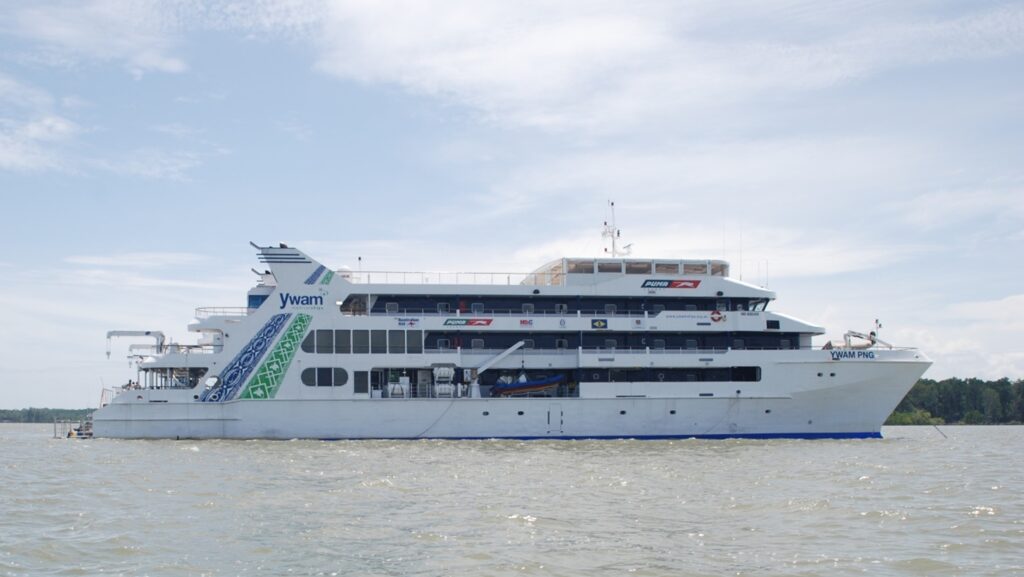Remote water treatment installations require different approaches to training when compared with municipal systems. Remote water treatment systems are generally far from regular servicing routes and require broader local knowledge to ensure sustainable operation. A balance needs to be struck between ensuring operators can keep the machine running while not creating training programs which include superfluous information. Generally, the best model is to skill a daily operator up to the point that they can operate the unit and as they grow more confident in its use, begin to perform routine preventative maintenance. These remote units can then be included in a wider servicing network for sporadic corrective maintenance works. This approach differs from municipal systems, which require a lower degree of operator training because service technicians routinely support these units.
Project management must decide whether to train operators before or during the unit’s onsite commissioning. Some projects, particularly those with multiple units, are better started with a central training session for all staff involved in installation, operation and maintenance before unit level commissioning starts. Onsite training during commissioning can be a better option for extremely remote units where operators require more time shadowing the installer.
For trainees to benefit, training needs to be a good mixture of theory and practical skills. Theory is important so operators and maintenance personnel understand why the system performs as it does. It allows users to troubleshoot when the system is not operating as expected. Operators gaining practical skills is important so any issues can be easily rectified. Organizations should offer users different levels of training. An operator does not need to know the units to the same degree as service personnel do. However, it is also important for operators to understand the important information they can garner by operating the machine every day. This gives important temporal information as to machine operations. This is is something service personnel are unable to do but find extremely valuable for troubleshooting.
With advancements in technology, network connectivity is increasing globally. This means online training is increasingly becoming an option even for the most remote communities. In-person training will always be the gold standard as it allows for clearer communication between trainer and trainees. In-person training may not always be an option. Lock downs, extensive transit times and the workloads of trainers can make online training an attractive option. Remote training also has the advantage of building a strong communications network between the trainee and trainers. This gives operators confidence that they can get support should they need help in the future.
Moerk Water runs training programs to support remote treatment systems across the Asia-Pacific. Moerk Water also undertakes extensive educational and capacity development programs. These programs include skilling up participants in remote desalination systems, chemical free water treatment options and maintenance of water treatment units. It also includes workshops, demonstrations and seminars which demonstrate best practice in sustainable water treatment. Moerk Water delivers capacity development sessions to public utilities, government stakeholders, industry and the general public.
Moerk Water have more than 15 years developing training programs to support the installation of remote water treatment systems. Contact Moerk Water today to discuss your training needs.













